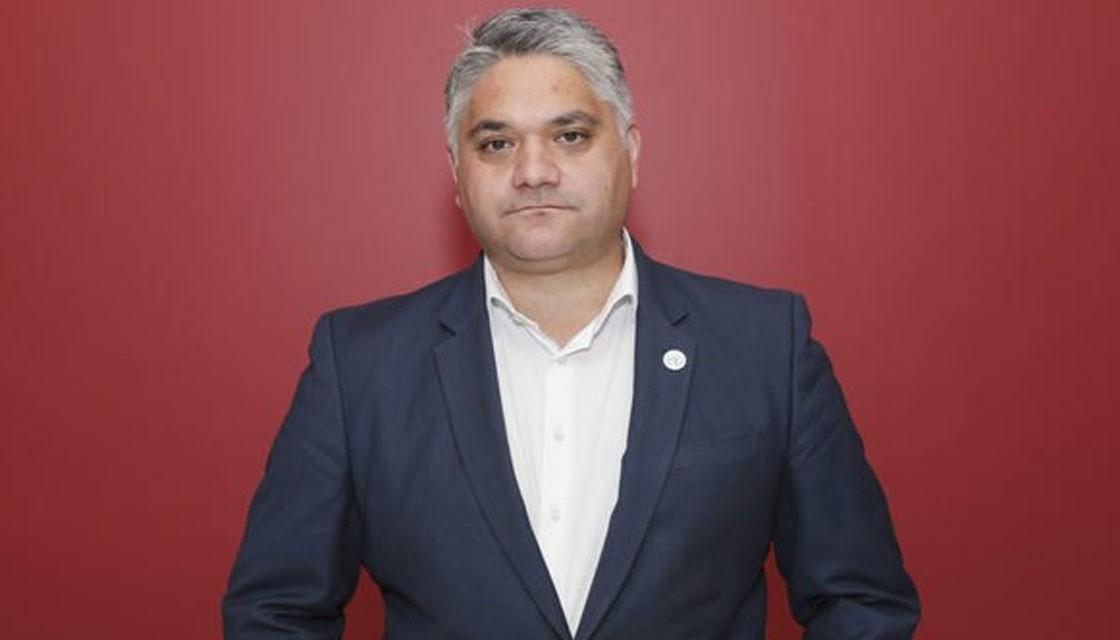‘Bro-zzie’ Matthew Tukaki has slammed David Seymour for defending freedom of speech calling his views ” irrelevant”. Tukaki has an impressive Australian resume and was nominated in 2016 for Australian of the year but, as executive director of the Maori Council, he clearly still considers himself a spokesperson for Maori on the topic of free speech.
This year the Maori Council that he heads asked the Human Rights Commission to investigate Hobson’s Pledge, a group whose goal is to remove from law and practice any race-based discrimination in governance and property rights.
Now he is attacking free speech. I wonder why he is offended by a group that wants everyone treated equally and a politician who wants everyone to have the freedom to express their opinions no matter how controversial or offensive? Many Maori activists have very controversial and offensive views. Shouldn’t Tukaki support their right to express their view about white-Mother [redacted]?
Tukaki is now fearmongering that free speech will do more harm than good and he makes the illogical claim that free speech advocates only want free speech so that they can call people offensive names. This line of reasoning is as ridiculous as saying that we publish and sell dictionaries just so that we can write down the meanings of rude and offensive words.
[…] The ACT leader wants to decriminalise language that is threatening, abusive or insulting.
“The idea you could be potentially punished for saying something that was offensive or insulting… is something that worries a lot of Kiwis,”[…]
Seymour’s solution is to repeal a part of the Human Rights Act which protect against “threatening, abusive or insulting” language “likely to excite hostility against or bring into contempt any group of persons… on the ground of the colour, race, or ethnic or national origins of that group of persons”.
He also wants inciting racial disharmony to no longer be a crime, nor for it to be offensive in public.
When people read the word incite they tend to think of inciting violence. Inciting racial disharmony is a much wider, much weaker term that can be used to label almost any criticism or put down of a person’s behaviour, race, religion, culture or even how they dress.
Most comedy acts could be accused of inciting racial disharmony as the humour is based on stereotypes of race, religion, culture, behaviour and dress. If our current law had been applied to every New Zealand comedian, they all would be out of business by now. The concern is that just because the law hasn’t yet been used to shut down a person’s opinion or career, its very existence is a threat to our free speech. All it will take is one activist to start some lawfare and lives, careers and businesses will be ruined.
Matthew Tukaki, head of the Maori Council, says “irrelevant” Seymour’s views are dated.
“This inference that it’s okay to give licence to people who would think it acceptable to call me the N-word, or ‘black something something’, it’s not acceptable in today’s New Zealand,”
The Maori Council is a statutory body established in the early 1960s to represent M?ori interests.
“I am sick and tired, as a Maori, of having to put up with people suggesting that this is a debate that we need to have or should have – that we should somehow listen, and somehow find an excuse for why some people call me the N-word,” said Tukaki, calling Seymour’s Bill a “protection racket for those who think it’s their right to call me a n****r”.
“I say to David Seymour if you were black and someone called you a n**r, or a fat black bastard or a black ct, you’d want to have some protection and right of legal challenge.”
Clearly, Tukaki wasn’t taught that sticks and stones may break my bones but words will never hurt me. He thinks that the first thing a grown man should do when another insults him is to ring his lawyer.
[…] Tukaki said Seymour needs a reality check.
Newshub
“This is not the apartheid-era South Africa where he gets to pick and choose what names people call people of colour, like myself.”
Me, me, me. Tukaki is making it all about him and is trying to use an emotional argument as if David Seymour had actually called him an offensive name. The fact that he is resorting to this level of debate only goes to show what shaky ground his argument is on.

